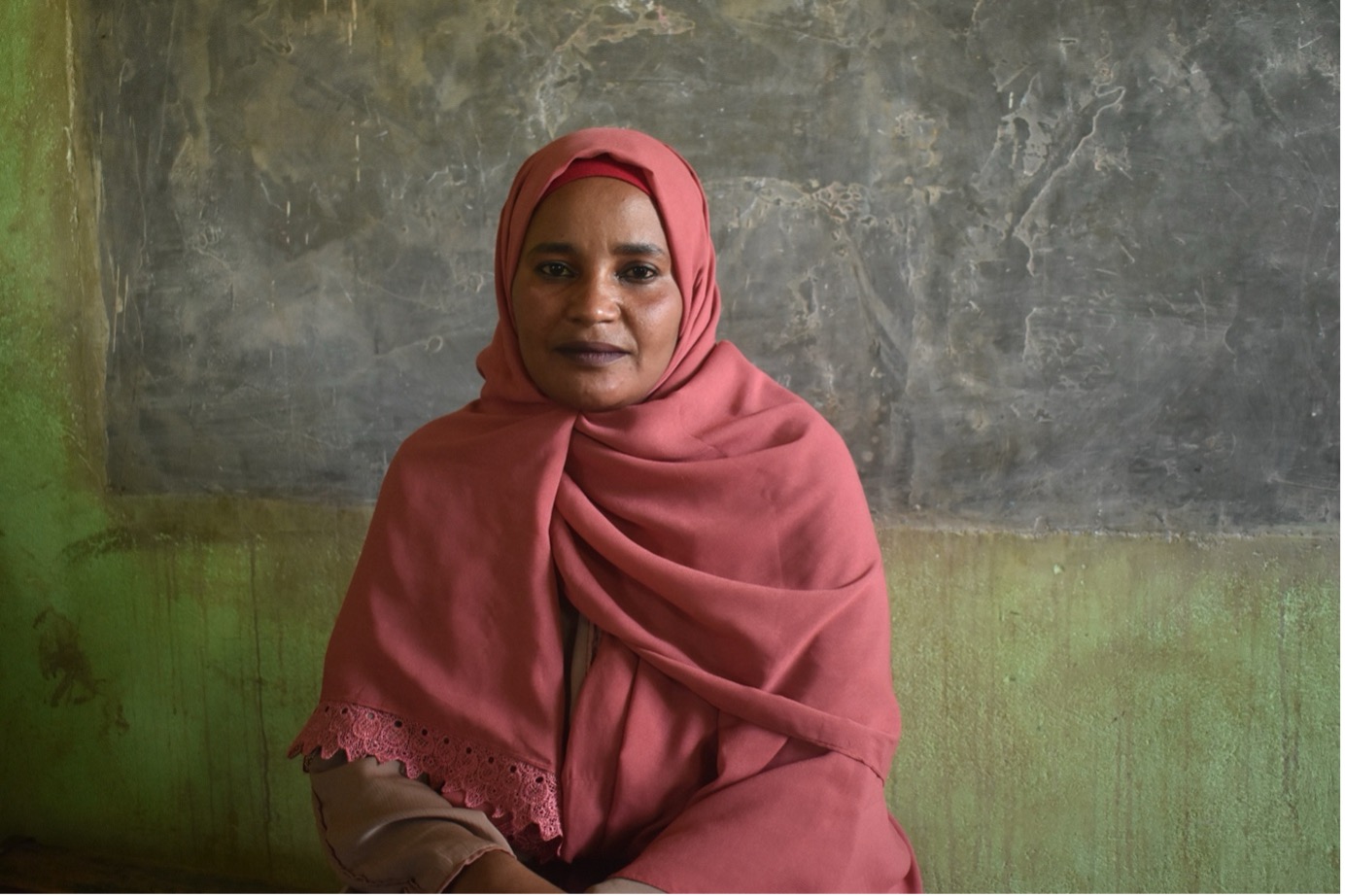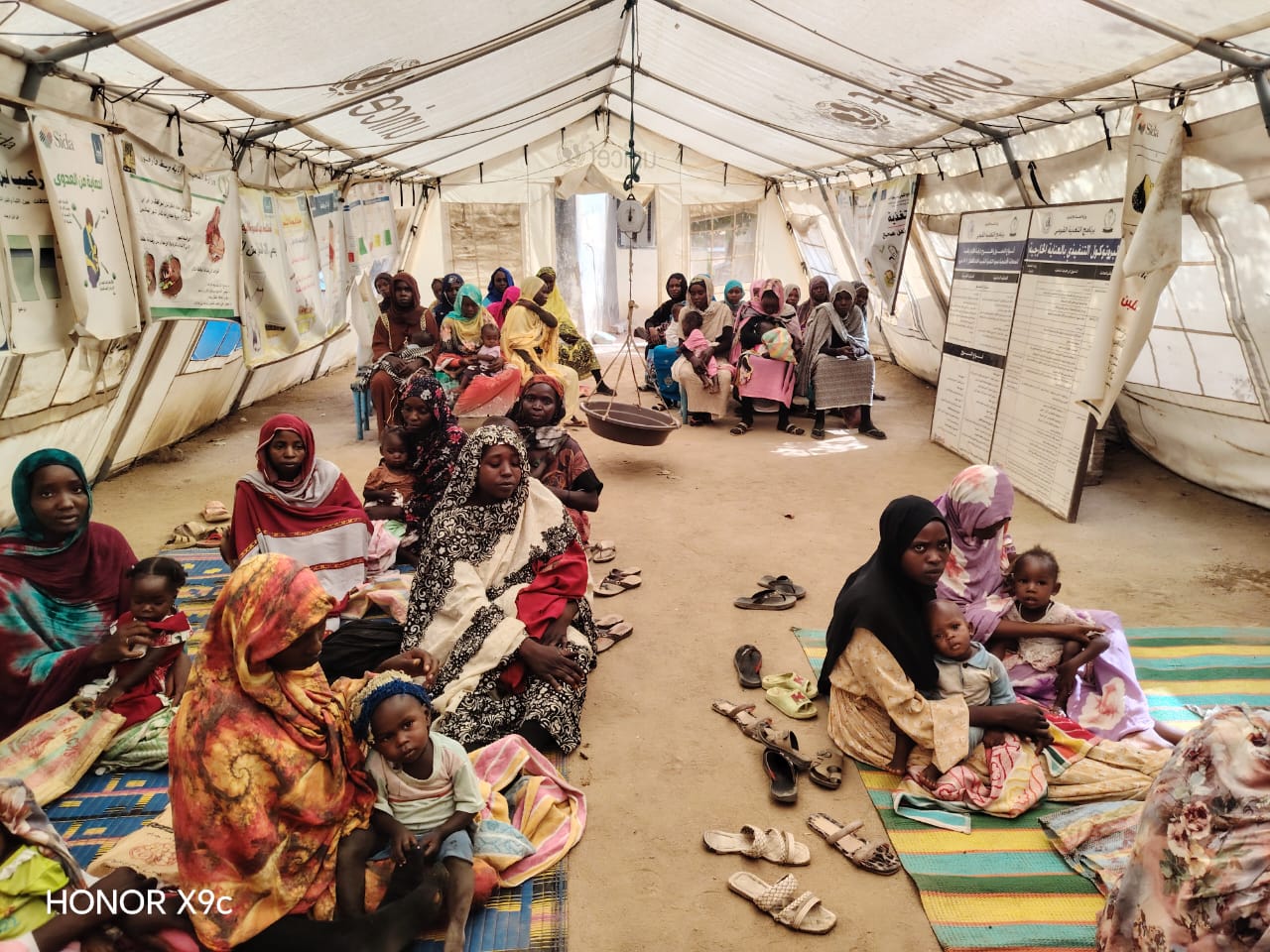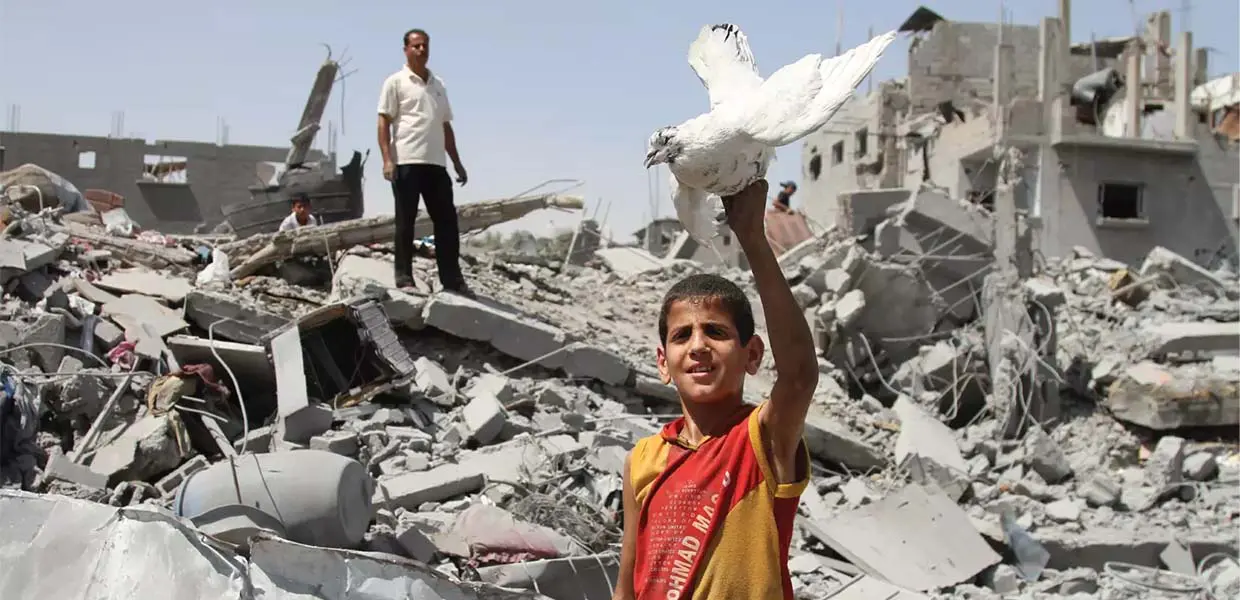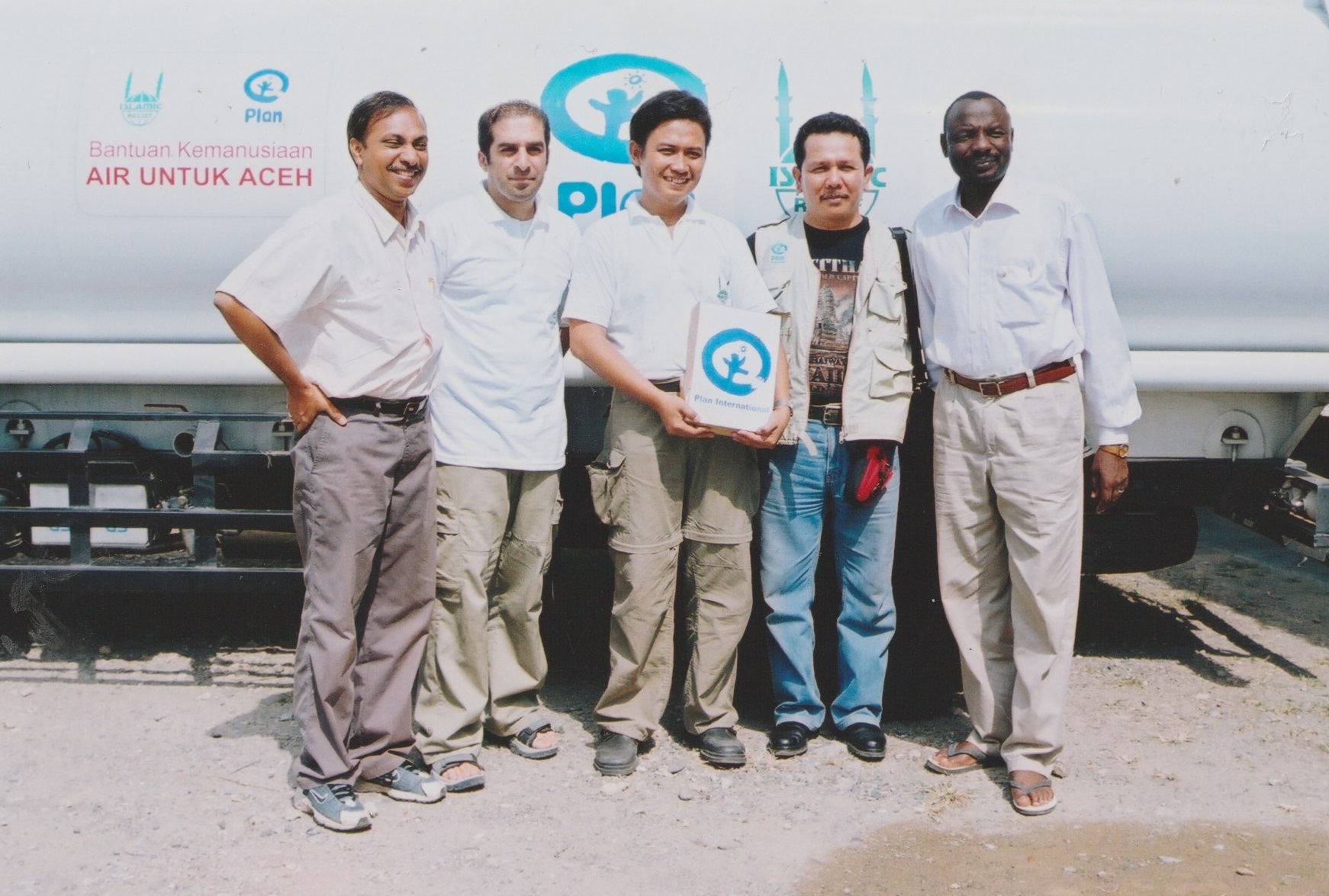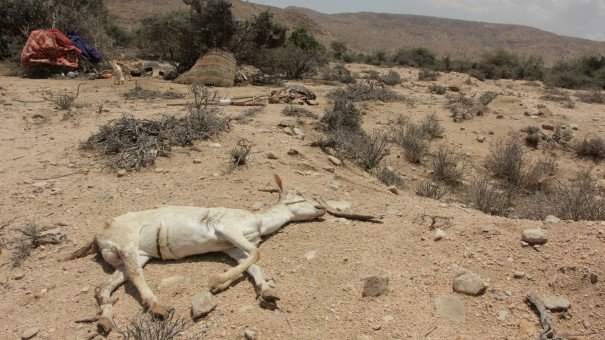
08.12.16
Famine fears as severe drought grips East Africa
A terrible sense of déjà vu hangs over the Horn of Africa, where fears are growing that a severe drought could soon become a famine.
Two years of below-average rainfall have pushed the self-declared independent state of Somaliland to the brink of starvation and nomadic families, who move with the seasons in search of fertile land and fresh water, have faced the heart-wrenching choice between feeding themselves and feeding their animals.
The goats were first to die, followed by the cows. Now even the bodies of drought-resistant camels lie beside shriveled cacti at the side of the road.
For families who rely on these animals for meat, milk, transportation and trade it’s the equivalent of losing their entire life savings.
Now, with nothing left and no food to fuel the onward journey, they’ve settled in camps, living in makeshift tents, waiting for aid to arrive.
In Awdal region, near the Ethiopian border, 1,200 people have gathered at the newly emerged Quljeed camp, without a single toilet.
Nimo Mohamed Abdi lives beneath a tent of twigsIt’s estimated that the people here have lost 5,000 animals between them and hundreds, if not thousands of goats, cows and camels, are buried in mass graves beside a sprawling jumble of circular tents made from branches stuck in the ground and covered with sheets.
Mum-of-three, Nimo Mohamed Abdi, 32, has not yet found any sheets so she and her children sleep on dry earth beneath a dome of twigs, entirely exposed.
She says: “Three months ago we had 150 goats, 20 cows, 10 camels and three donkeys. Now nothing remains. Everything died.
“We were living by the coast then and the animals died so quickly, one after another, that we could do nothing with their corpses but throw them into the sea.
“I’ve been here for 25 days. I don’t know what the future holds for us.”
Since the camp first appeared a month ago, families here have had two basic distributions of rice, flour and dates, and just three litres of water per person per day for all their washing, drinking and hygiene needs.
Already, malnourished mothers are unable to breastfeed their babies.
And now the start of the rainy season is bringing a new set of challenges.
When rainfall should be a blessing, in Somaliland erratic rains are wreaking havoc, with a surge in water-borne diseases and flash floods.
“Most deaths we’ve seen have been in women,” says Adan Shariff Gabow, Islamic Relief’s area manager for Somalia’s neighbouring region, Puntland.
“The women are left behind with the children while the men move forward with the livestock.
“There were some cases where women were eaten by hyenas.
“They fell down, malnourished, and we understand they were then set on by the animals.”
Islamic Relief is pushing for long-term solutions in Somalia to break the repetitive cycle of drought and floods, delivering a $5 million borehole project to provide 36 sustainable water supplies across the region and installing underground tanks to store rainwater that currently runs wasted into the Red Sea.
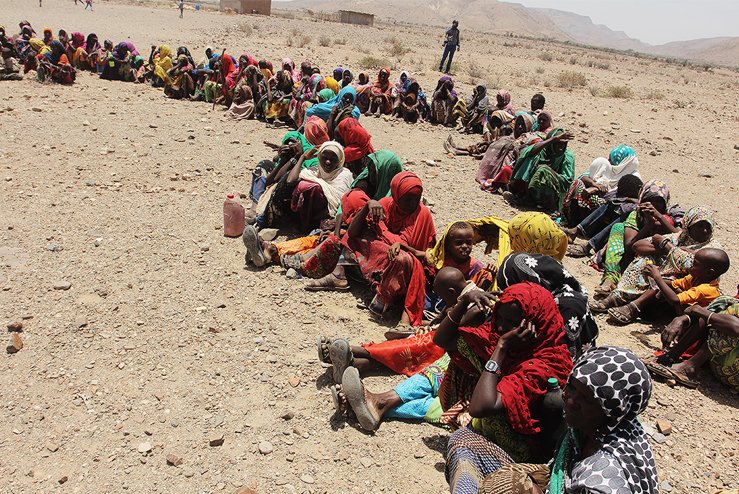
Tackling the current crisis, the government of Somaliland has so far raised just $1.5 million to help 10,000 of the people whose livestock have been wiped out.
But the UN estimates 4.7 million people (nearly 40 per cent of the Somali population) are now in need of humanitarian assistance and has launched a $105 million appeal with international aid agencies.
In Somalia, where recurrent droughts are linked to El Niño climate fluctuations, the situation feels hauntingly familiar.
In 2011, following a similar two-year drought in southern Somalia, warnings of an impending famine went unheard.
The resulting crisis claimed more than 250,000 lives.
Now, the Muslim Charities Forum is praying the world doesn’t make the same mistake again.
Chairman Dr Hany El-Banna says: “We cannot wait like we did in 2011 when we acted too late.
“Animals die and we don’t care. We have to see a big number of people die before we act.
“Maybe after 100,000 or 200,000 people die we can then cry, but that’s too late.
“We need to deal with this today – if we don’t this drought will turn into a famine.”

